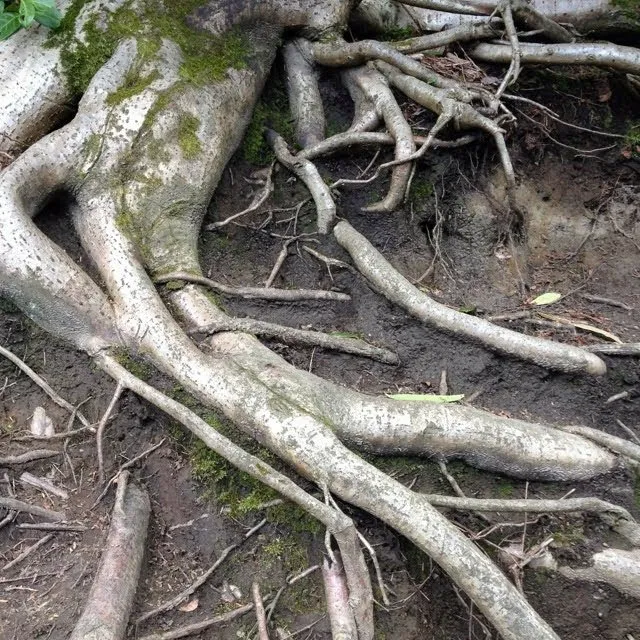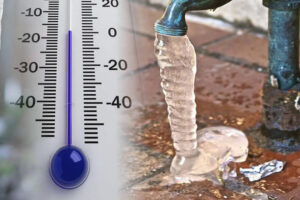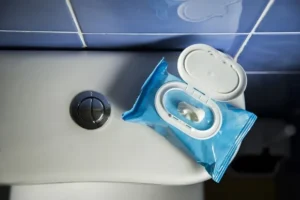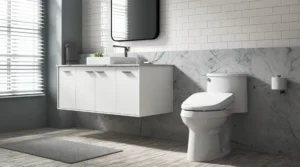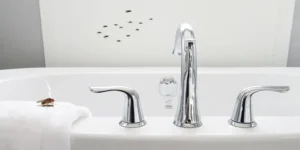Your sewer system provides a disposal solution for all the food waste, wastewater, and other substances that go through your drains. The waste can quickly add up and create blockages in your sewer system that can be hard to detect. In fact, these blockages are often among the main reasons for frequent sewer backups.
Other reasons for backups are equally difficult to notice since they are often hidden, causing silent damage to the pipes beneath your lawn. Unfortunately, most homeowners hardly remember to check their sewer pipes until something goes wrong. But with regular checkups and preventative maintenance by a licensed professional, you can avoid these common causes of sewer backups.
Tree Roots
Sewer lines often run underneath your yard in direct contact with plant roots and rocks in the ground. Tree roots can go to great lengths in search
of water and nutrients. Long, adventurous roots can easily grow through a pipe if they find a crack or an exposed opening.
Some sewer pipe materials, such as clay, are also vulnerable to root intrusion due to their porous nature. The roots can enter the pipes and trap
debris and other solid waste from your drains. The clogs may not allow incoming waste to pass through. Most times, the waste has nowhere else to go. Instead, it flows back and creates unexpected sewer backups.
Additionally, tree roots can gradually wrap around your sewer pipes and crush them. The collapsed sewer lines can also create unexpected backups in your system. However, if your yard does not have any trees, those from your neighbor’s property can also create problems in your sewer system.
Your plumber may suggest a complete replacement of the sewer lines if the damage is too extensive. They may also cut off the long roots to protect your system from further damage.
Clogs
Drains and sewer lines can clog easily if you are not careful on what goes where. You can tell both types of clogs apart if you are keen on the
symptoms. For instance, a drain clog might be the likely problem if only one of your fixtures backs up.
However, if sewage backs up each time you flush the toilet or use your sink, you might have a sewer line clog. You may also notice that water
takes longer to drain from the kitchen sink completely. In addition, gurgling noises when you flush a toilet could indicate a potential sewer line clog.
Sewer line clogs can happen due to the following objects:
- Female hygiene products
- Hair
- Cotton swabs and dental floss
- Thick paper towels, toilet paper, and napkins
- Hardened grease and fats
A lot of waste would have to accumulate inside sewer lines to create problematic clogs. Raw sewage may find its way back up into your plumbing
fixtures through the drainpipes as a result. Therefore, if you are not sure if a certain object should go down your drain, throw it in the garbage
instead.
Heavy Rains
Although rain seems like an unlikely reason for sewer backups, a heavy downpour can quickly become a problem for your sewer system. If
heavy rains fall near or within your location, the local municipal sewer system can become overwhelmed.
The extra load of water may flow into your home’s sewage pipes and cause sewer backups. You are likely to notice frequent backflows in your
sinks and toilets if the main sewer line that connects your home to the municipal sewer line overflows with extra water.
Do not let sewer backups affect how you run your home. Contact A -1 Affordable Plumbing Inc to rid your home of recurrent backup issues.



